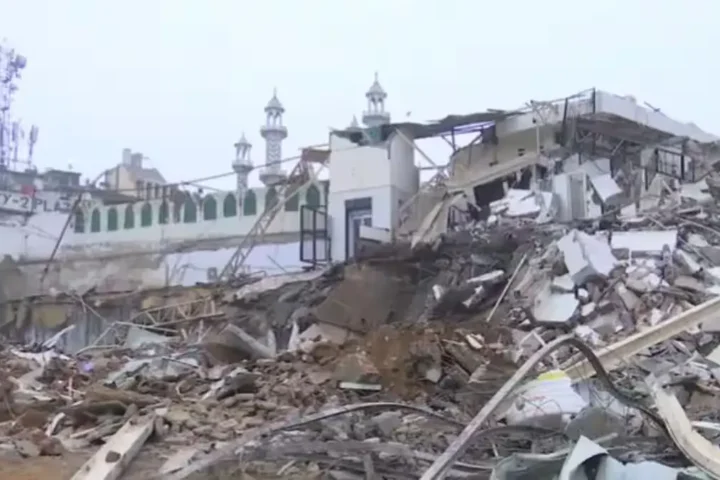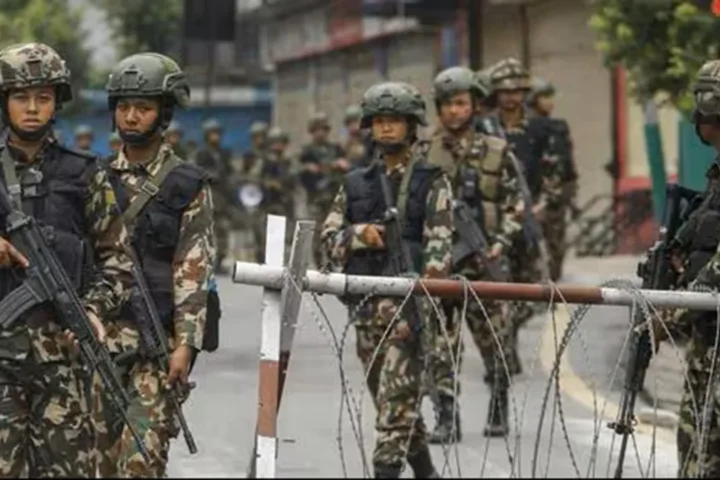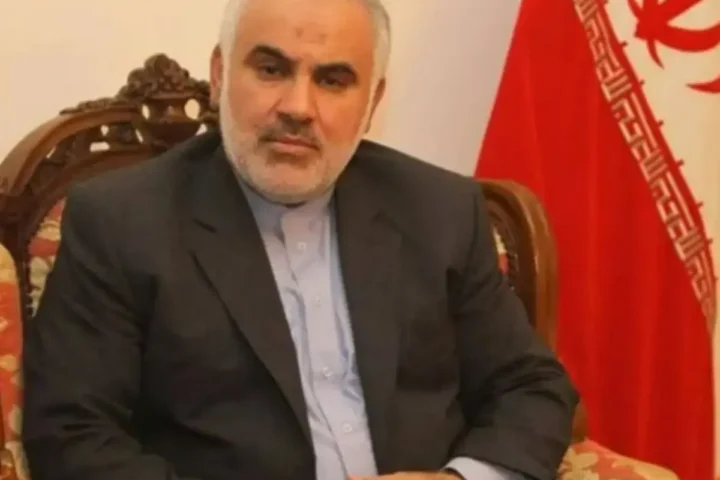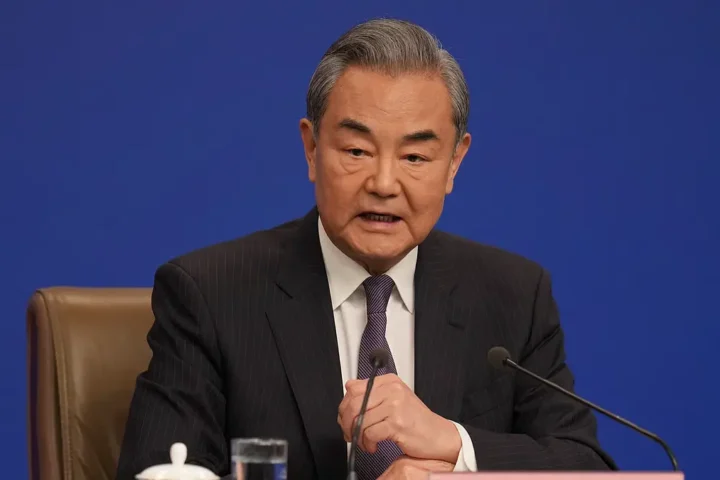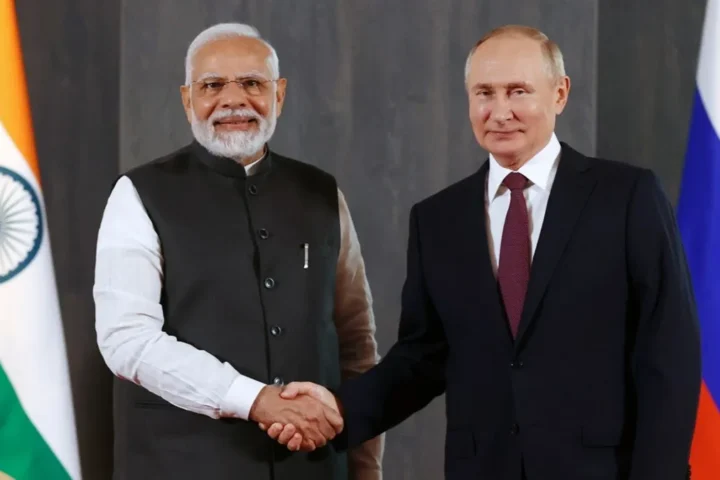In a shocking move, Israeli Prime Minister Benjamin Netanyahu launched a massive airstrikes campaign on Gaza, abruptly ending a months-long ceasefire. The overnight blitz killed over 200 Palestinians, including children, leaving the region teetering on the edge of all-out war.
Why Did Israel Strike Now?
Israel accuses Hamas of refusing to release hostages and rejecting multiple ceasefire extension proposals. With negotiations deadlocked, Netanyahu’s government declared it was done waiting. “Israel will now act with increasing military strength,” his office stated.
A senior Israeli official, speaking anonymously, confirmed the offensive is just beginning. Beyond airstrikes, Israel is preparing for expanded military action to dismantle Hamas’ infrastructure and prevent future attacks.

Did the U.S. Approve?
Yes. Israel notified the Trump administration before launching the strikes. White House press secretary Karoline Leavitt told Fox News, “The President has made it clear—Hamas, the Houthis, and all terror groups threatening Israel and the U.S. will pay the price. All hell will break loose.”
This statement signals strong American support, heightening tensions across the Middle East.
What Happened Overnight?
The assault began in the early hours of Tuesday, hitting Hamas commanders, military sites, and key infrastructure. Gaza’s skyline erupted in fire as Israeli jets pounded targets in the heaviest bombardment since January.
What About the Hostages?
Before the ceasefire broke, Hamas had released 33 Israeli and five Thai hostages in exchange for 2,000 Palestinian prisoners. But with 59 hostages still captive, negotiations stalled. Hamas demanded a full Israeli withdrawal from Gaza—terms Netanyahu refused.
Now, Hamas warns the airstrikes have put the remaining hostages in “unknown fate.” The terror group has called on Egypt, Qatar, and the U.S. to intervene.
Interesting Read
What’s Next?
The airstrikes have shattered any hope of peace. With over 48,000 Palestinians already killed in the conflict, the humanitarian crisis is worsening. Hamas is rallying support from Arab and Muslim nations, while the UN faces pressure to step in before the violence spirals further.


